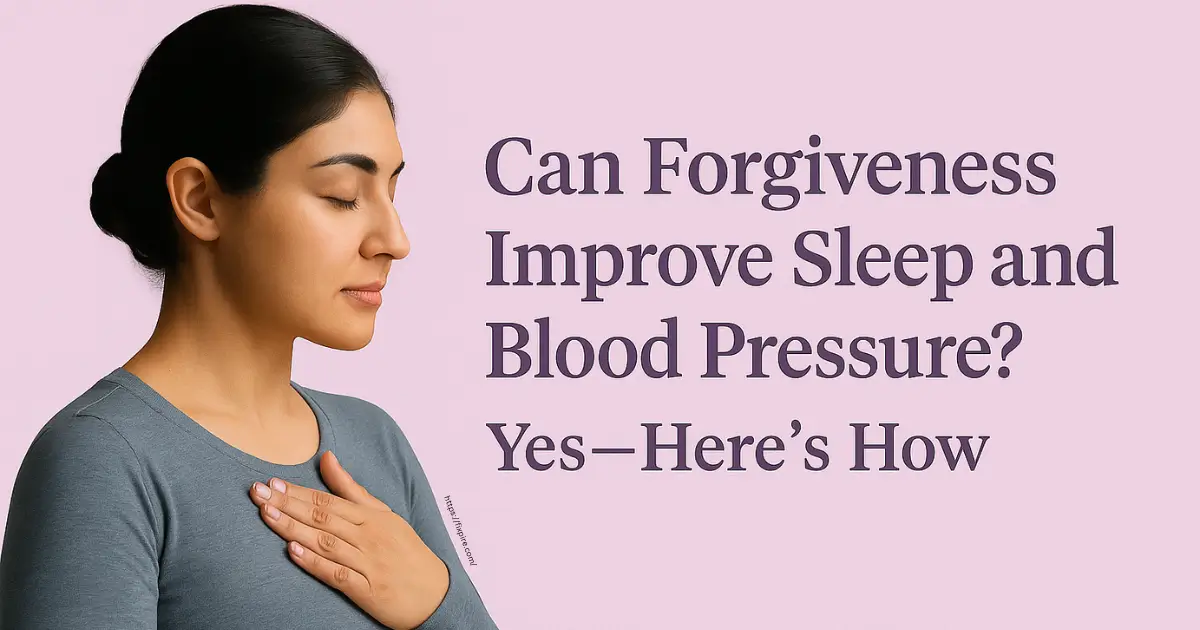In today’s busy world, relationships can face many challenges—like stress, distance, and everyday distractions. But one big question stays the same: What makes a relationship healthy? Whether you are just starting a new romance, have been married for years, or simply want to know what a strong connection looks like, understanding this can truly make a difference. So, what helps a relationship grow and stay strong? And how can you tell if yours is moving in the right direction? Let’s break it down—step by step, in a simple and honest way—to help you build a love that lasts.

What Makes a Relationship Healthy
A healthy-relationship is rooted in mutual respect, trust, transparent communication, and reliable support. These are not just fancy words—they are the foundation that keeps a relationship strong when life gets tough. In a healthy relationship, both individuals feel secure enough to be their true selves. They can express their thoughts without fear. They listen to each other. They share laughter, grow together, and tackle challenges as a team, not as adversaries.
But what makes a relationship healthy doesn’t end with just good feelings. It’s also about daily actions, shared values, and a commitment to growth. When both partners are willing to work, even a simple relationship can bloom into something extraordinary.
Recognizing Healthy Relationship Signs
Every relationship is different, but there are some signs that show things are going in a good direction. In a healthy relationship, there is a sense of peace, respect, and safety. Let’s look at the most common signs that your relationship is on the right track:
Open and honest communication
You and your partner talk about your thoughts, feelings, and needs without fear. You listen to each other, and even during disagreements, you stay respectful. Being able to talk freely is one of the strongest signs of a healthy connection.
Mutual respect
You show each other kindness and appreciate each other’s perspectives. There’s no effort to control or change one another. Rather, you respect each other’s personal space, time, and boundaries.
Trust and honesty
Trust is a key part of any strong_relationship. You should feel confident that your partner is being honest with you and that you can rely on them. There’s no need for constant checking, guessing, or doubt.
Equality and balance
A healthy relationship is a teamwork, not a contest for dominance. Both people share decisions and feel heard. Neither person’s needs are more important than the other’s. Things feel balanced, not one-sided.
Support for individuality
Even though you’re a couple, you’re still two unique people. A healthy partner stands by and supports your personal dreams and ambitions. They don’t hold you back—they encourage you to grow as your own person.
Conflict resolution
Every couple argues. But in a healthy relationship, fights don’t get out of control. You both try to understand each other and solve problems calmly. There’s no yelling, blaming, or silent treatment—just honest efforts to work things out.
Affection and intimacy
Physical and emotional closeness is natural and mutual. Whether it’s holding hands, hugging, or sharing your feelings, affection is shown often and openly. It helps you feel connected and loved.
Shared responsibilities
Both partners do their part in the relationship. That could be emotional support, housework, making decisions, or handling money. You both contribute, and it feels fair—not like one person is doing everything.
If most of these things are happening in your relationship, that’s a great sign! And if not? Don’t stress—it’s never too late to improve your relationship.
Essential Qualities of a Healthy Relationship You Should Always Value
Now let’s go a bit deeper. Some qualities are so important that every relationship needs them to truly grow and last. These qualities build the emotional foundation that keeps love strong through the ups and downs.
- Emotional Safety: You should feel free to express how you feel—whether it’s happiness, sadness, worry, or anger—without being shut down or made fun of. You should never feel afraid to speak your truth. Feeling safe emotionally is what allows real connection to grow.
- Shared Growth: A healthy relationship helps both people grow over time. You support each other’s goals, learn new things together, and help each other become better. Growth keeps the relationship alive and meaningful.
- Dependability: You can rely on each other, come what may. If something goes wrong, you know your partner will be there. Whether it’s a small promise or a big life challenge, reliability builds deep trust.
- Forgiveness and Patience: We all mess up sometimes. A strong relationship doesn’t expect perfection—it allows room for mistakes, apologies, and change. You forgive, not to forget the past, but to pave the way for moving forward. Patience is what allows love to endure.
- Joy and Playfulness: Laughter really is powerful. When you have fun together, even during hard times, it keeps your bond light and joyful. Playfulness keeps the spark alive and reminds you that love can be fun—not just serious.
How to Build a Healthy Relationship: Real, Practical Tips

Building a healthy relationship means taking real, daily steps that help you and your partner grow together. Start with communication. Don’t wait until problems get big. Make it a priority to set aside time each day or week for open and honest conversations. Use “I” statements, like “I feel…” instead of placing-blame. This makes your partner feel safe and opens up understanding. Next, respect each other’s boundaries. Talk about your needs clearly—whether it’s time alone, social media limits, or emotional space. Boundaries help protect your peace and build trust. And always be each other’s biggest supporter. Celebrate even the small wins. A kind word like “I’m proud of you” can really lift your partner’s spirit.
When disagreements happen, handle them with care. Disagreements are natural, but the way you handle them makes all the difference. Don’t yell or attack. If things get heated, pause and return when you are calm. Listen with curiosity, not judgment. This creates a safe space to solve problems together. Don’t forget to nurture intimacy every day. Intimacy isn’t just physical—it’s emotional too. Small acts like holding hands, giving compliments, or writing notes keep your connection alive. Show love in ways that matter to your partner, not just what feels natural to you.
Lastly, take responsibility when you are wrong. No one’s perfect. A genuine apology can go a long way, but blaming or ignoring problems only makes things worse. Own your mistakes and show you want to grow. And never forget—your relationship holds more value than your pride. Sometimes, being right can hurt the bond. Choose love, peace, and teamwork over pride. Healthy relationships aren’t built on perfection—they’re built on effort, honesty, and care. Keep showing up for each other, and you’ll create a strong, lasting connection.
Warning Signs of an Unhealthy Relationship
To fully understand what makes a relationship healthy, you also need to recognize what it’s not. Here are red flags to never ignore:
- Constant criticism or mocking
- Control or manipulation
- Gaslighting (making you question your reality)
- Isolation from friends and family
- Walking on eggshells to avoid fights
- A cycle of breakups and reunions
- Lack of trust or emotional safety
If any of these feel familiar, consider seeking help—from a therapist or trusted support system. You deserve better. Always.
Rebuilding a Struggling Relationship into a Healthy One
No relationship is perfect, and every couple faces tough times. But just because things feel off doesn’t mean they can’t be made right. Rebuilding a struggling relationship starts with one important step: honest and calm communication. Talk about what’s not working without blaming. Focus on listening and understanding each other’s point of view.
Next, agree on shared goals. What do both of you want moving forward? Maybe it’s better communication, more trust, or just feeling closer again. Once you know what you’re working toward, take small steps together. Rebuilding takes time, so be patient. Start with simple things like spending more quality time, being more affectionate, or checking in emotionally each day.
If the wounds run deep, consider couples counseling. It’s not a sign of weakness—it’s a courageous step toward healing. A professional can help you both see patterns, express feelings, and find solutions. Most importantly, celebrate progress, not perfection. A kind word, a better conversation, or even a hug can be a big win.
Rebuilding takes effort from both sides. If you both truly want healing and are willing to grow together, it’s absolutely possible to turn things around and create a stronger, healthier love.
Conclusion: Love That Lasts is Built, Not Found
So, back to our main question—What makes a relationship healthy? It’s not only about compatibility or common interests; it runs much deeper than that. Healthy-relationships are built on respect, communication, honesty, support, and consistent effort. It’s about showing up for each other everyday, even when things aren’t perfect. Relationships take effort, patience, and a shared commitment to grow together. Whether you’re starting fresh or rebuilding from a tough place, the foundation of a lasting, fulfilling relationship is always rooted in mutual care and understanding. Love that lasts is something you build, not something you find.











